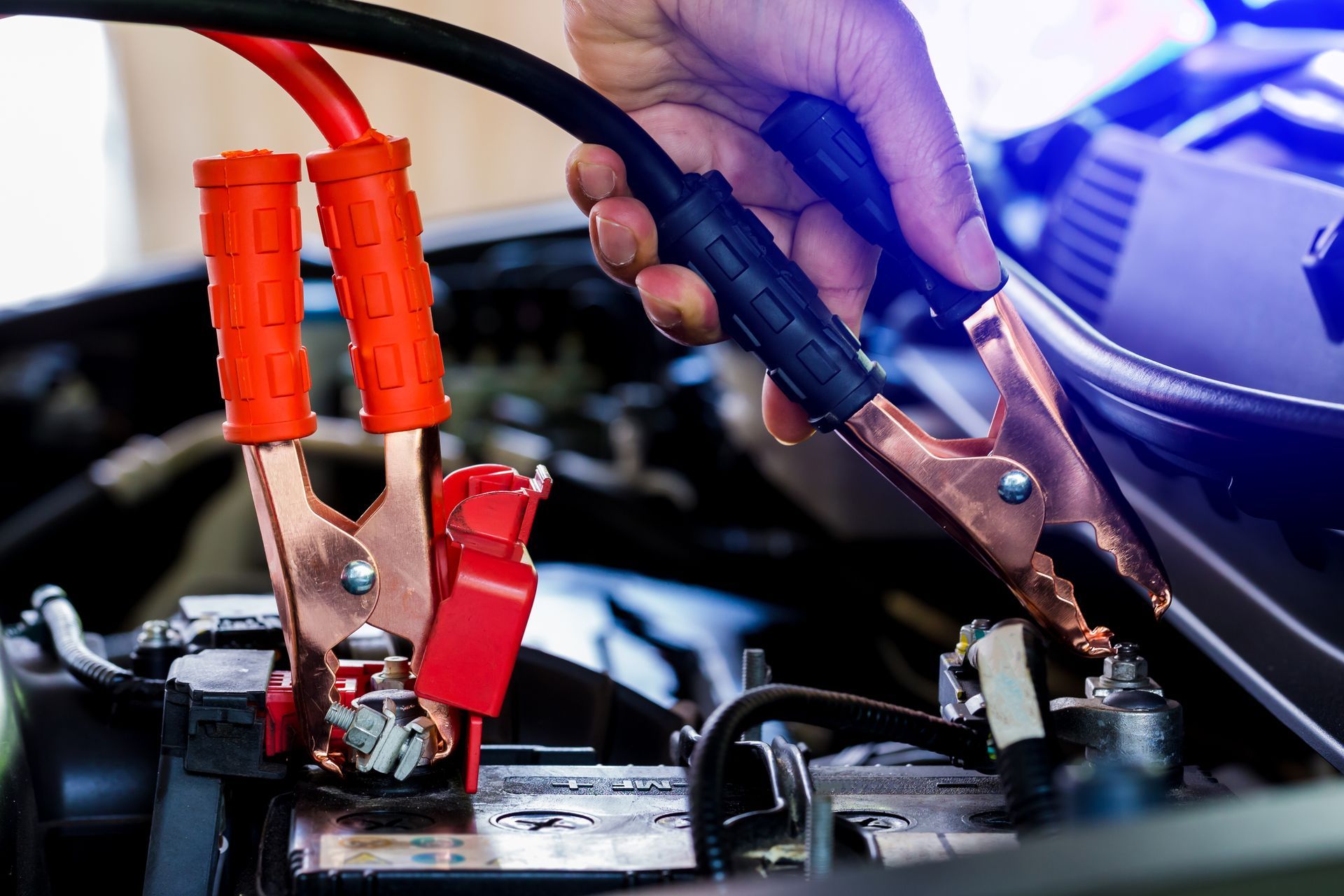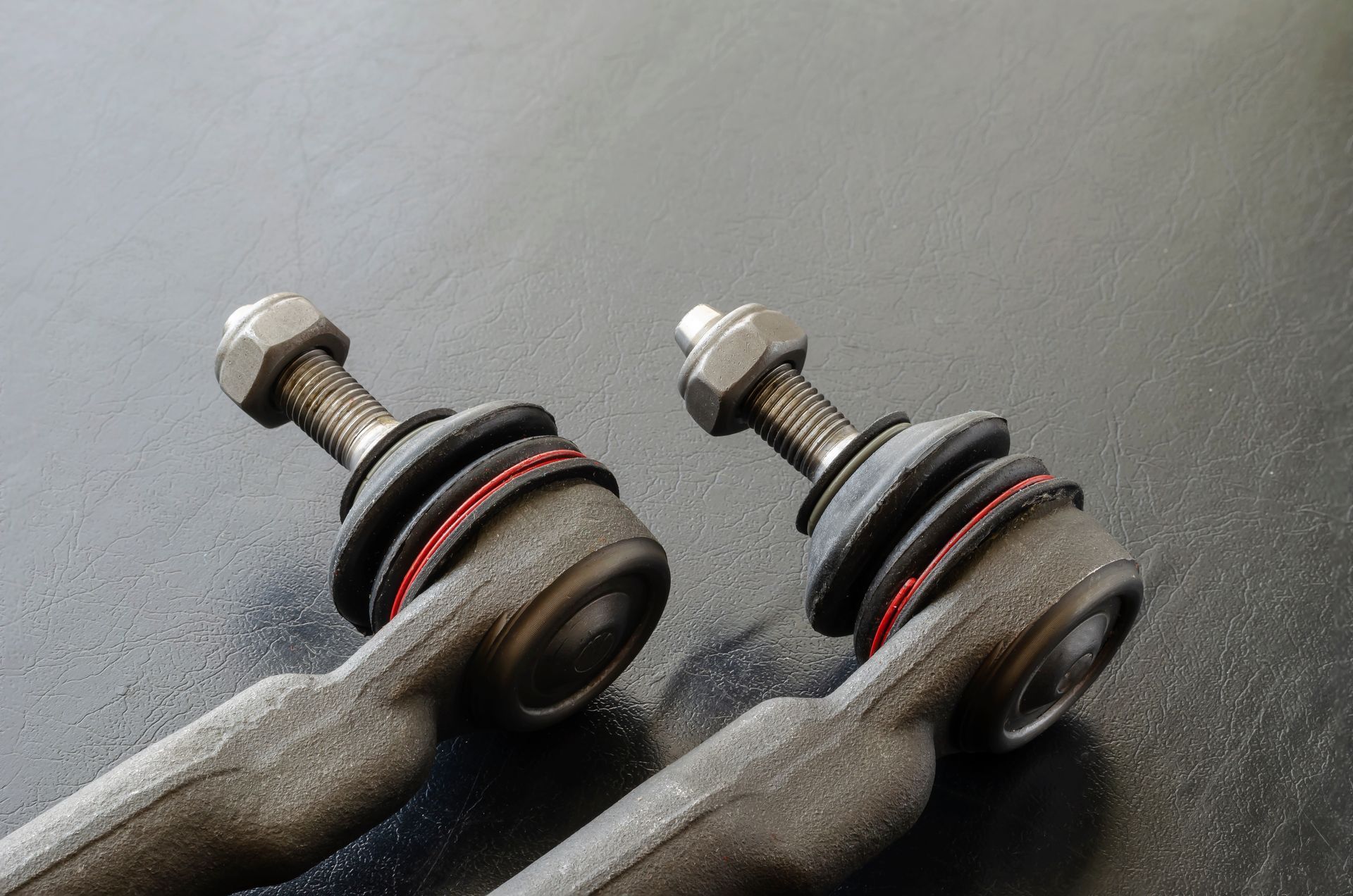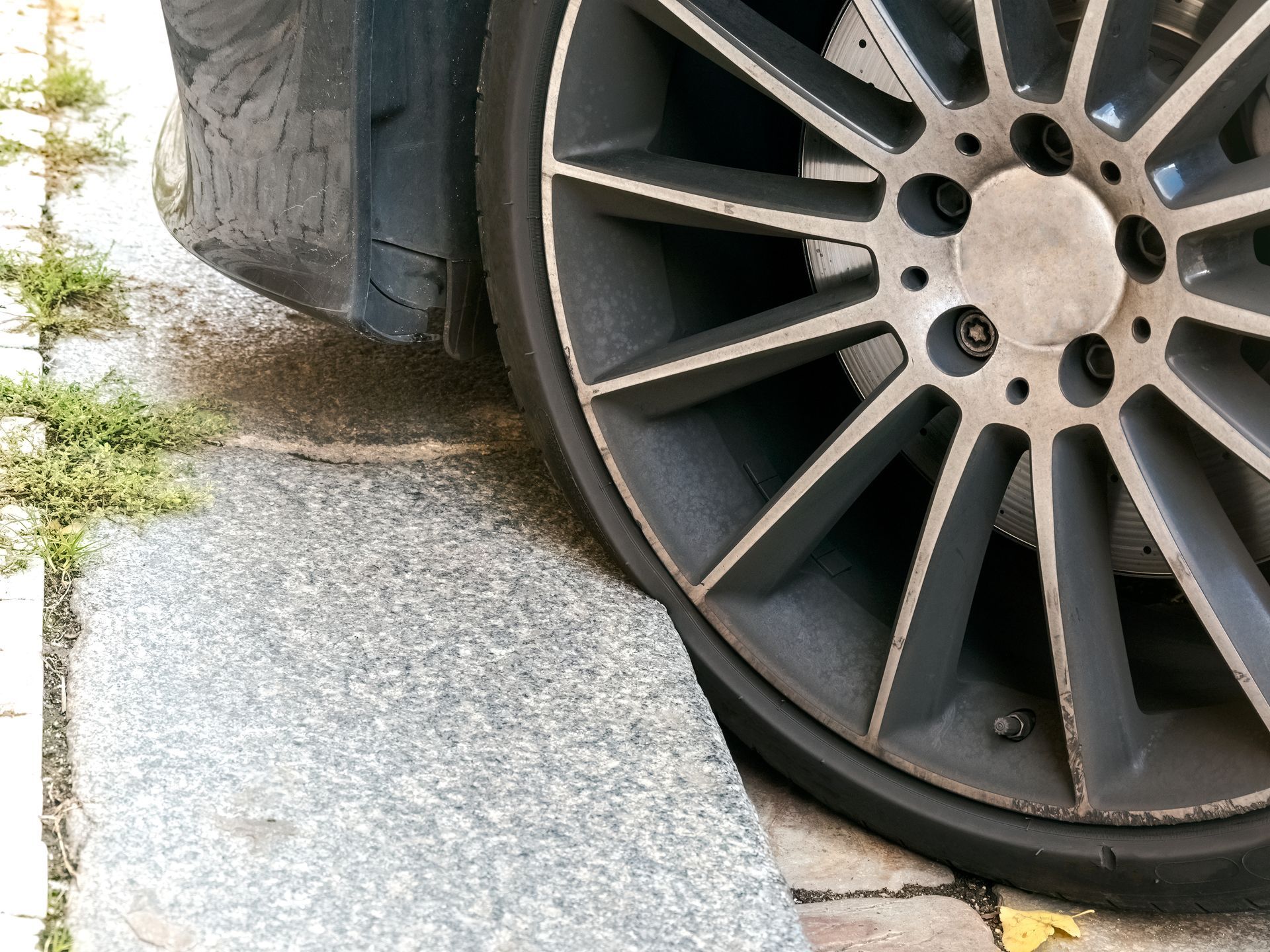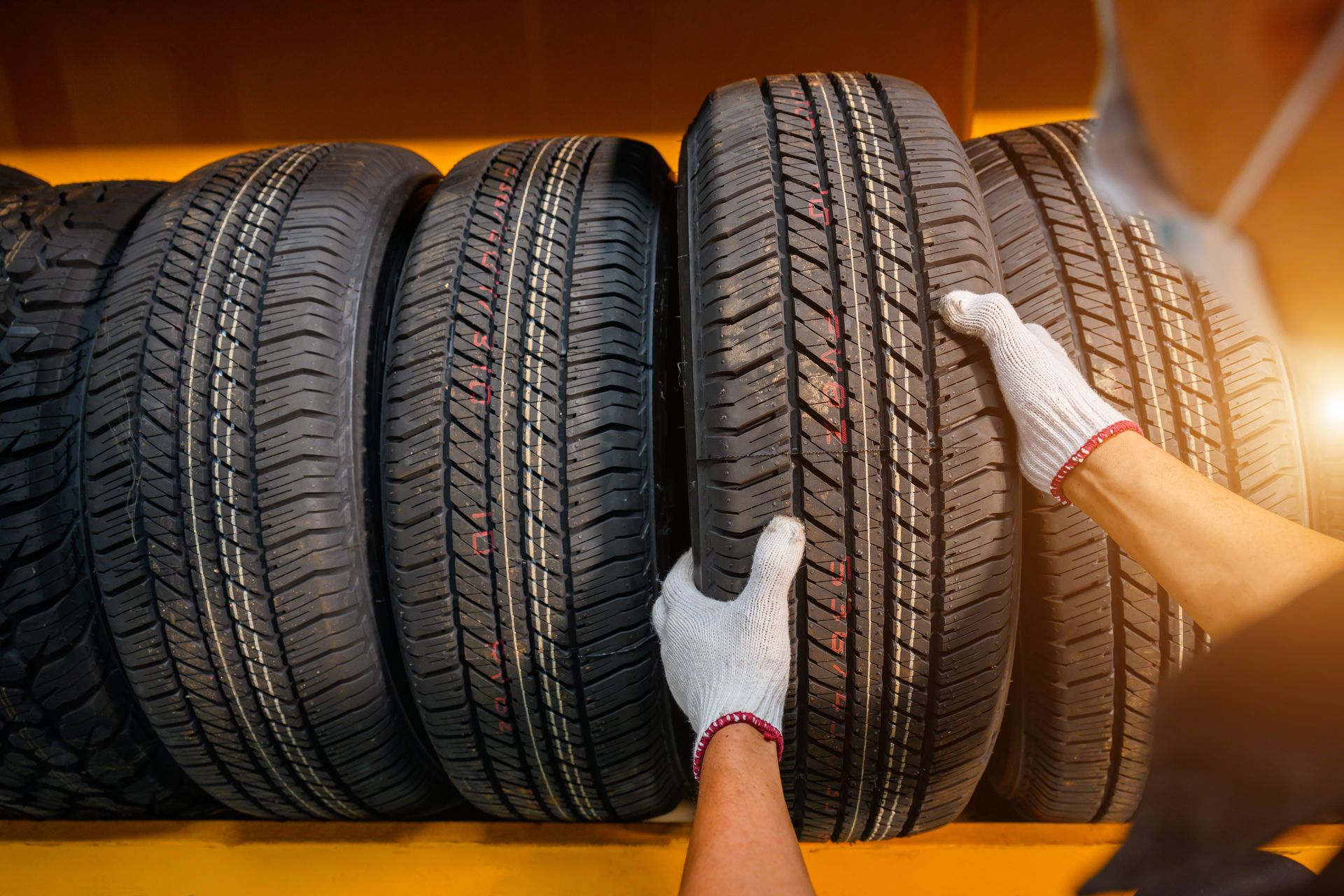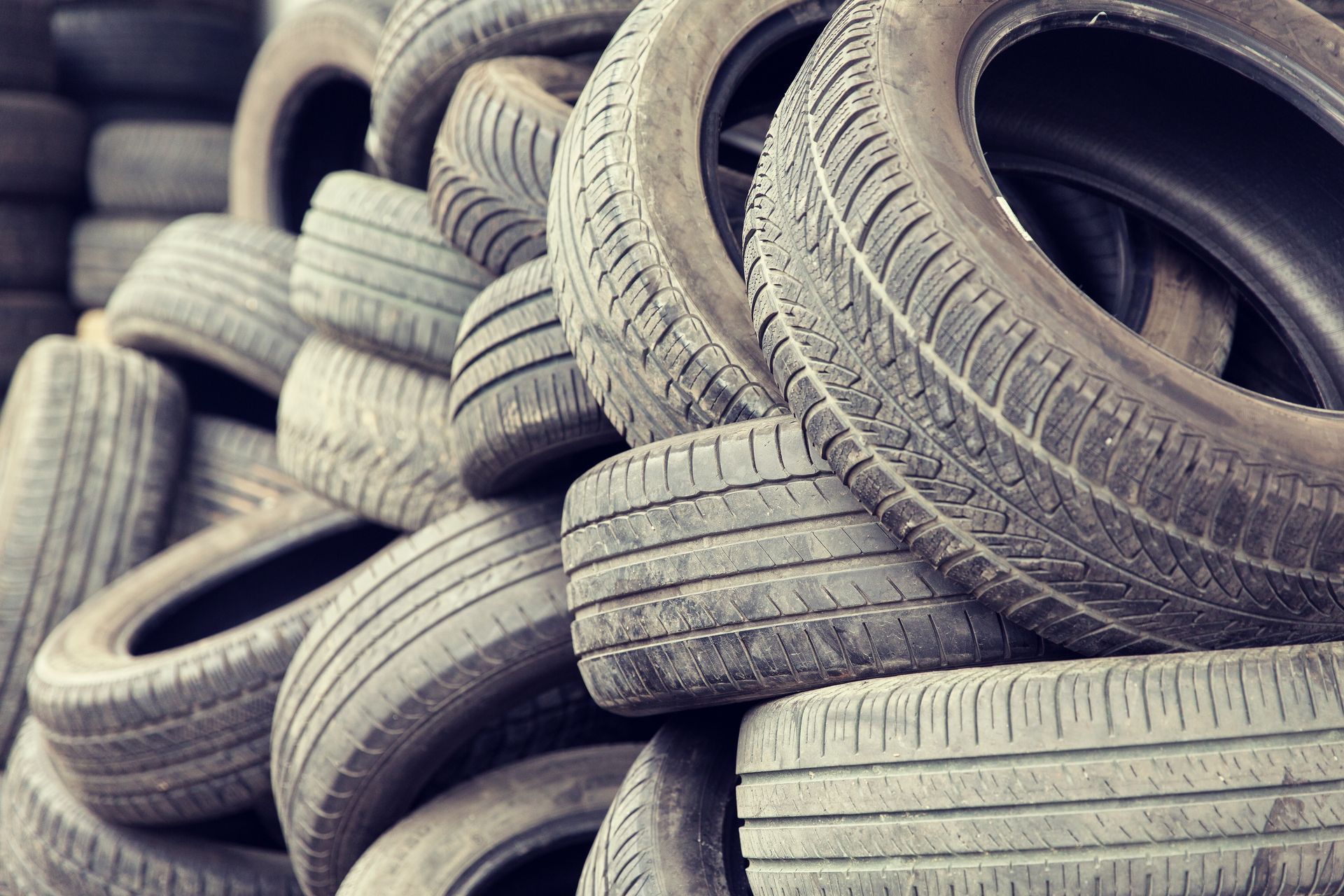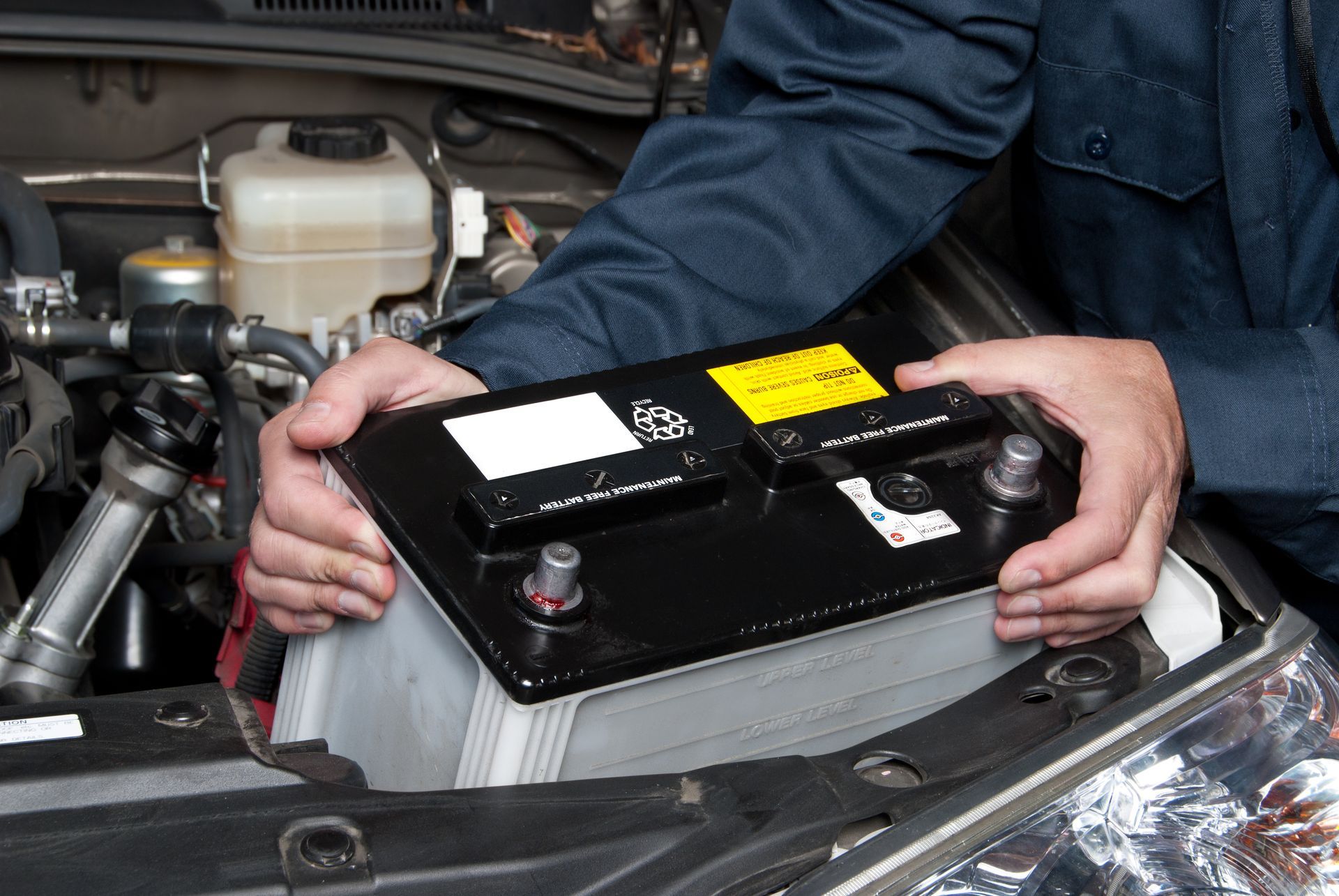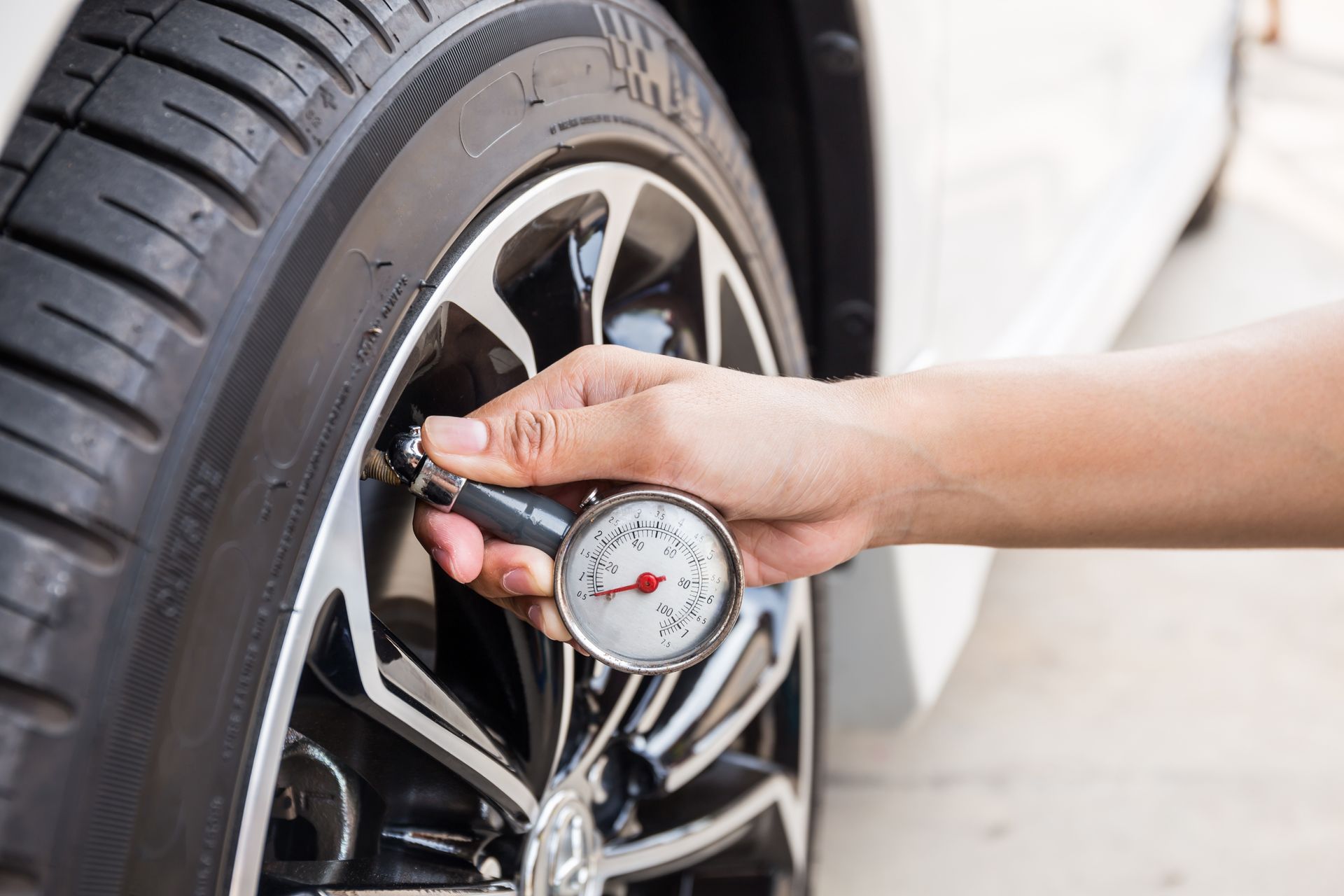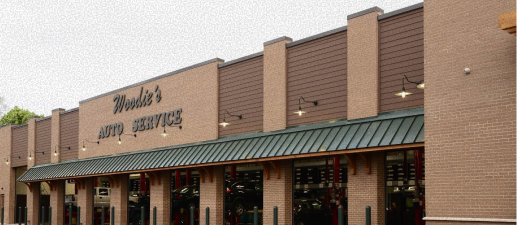Everything You Need to Know About Oil Changes
December 20, 2024
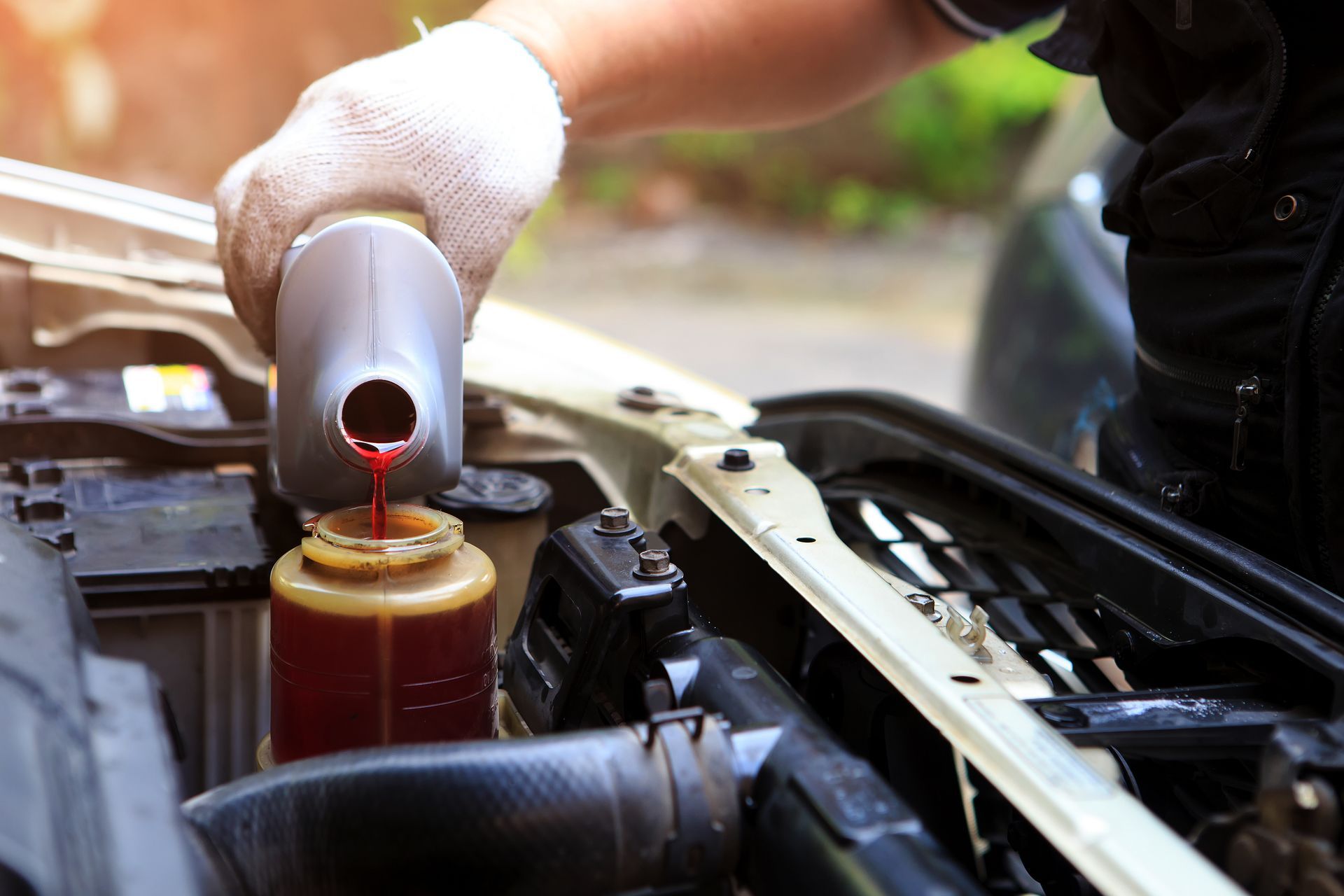
Oil changes are one of the most fundamental aspects of car care, yet many drivers underestimate their importance. Regular oil changes keep your engine running and skipping them can lead to long-term damage that’s both costly and avoidable. If you’ve ever wondered why oil changes matter so much—or what happens if you neglect them—this guide is here to answer your questions.
Why Oil Changes Are Important
Your engine is made up of countless moving parts that generate friction and heat as they work together. Engine oil plays a crucial role in reducing friction, cooling the engine, and keeping everything lubricated. It also helps trap dirt and debris, preventing buildup that could harm your engine.
Over time, oil becomes contaminated with particles and loses its ability to protect your engine. Without regular changes, the oil can’t do its job effectively, leading to excessive wear, overheating, and even engine failure in extreme cases. Simply put, oil changes are a small step that can save you from major headaches down the road.
How Often Should You Change Your Oil
The frequency of oil changes depends on several factors, including the type of oil your vehicle uses, your driving habits, and the manufacturer’s recommendations. Many modern cars can go 5,000 to 10,000 miles between oil changes when using synthetic oil. If your car runs on conventional oil, the interval is usually closer to 3,000 miles.
Driving conditions also play a role. Stop-and-go traffic, extreme weather, and frequent short trips can all cause oil to degrade more quickly. Checking your owner’s manual is the best way to determine the right schedule for your specific vehicle.
What Happens If You Skip Oil Changes
It’s easy to postpone an oil change, but doing so can have serious consequences. Here’s what can go wrong:
1. Reduced Lubrication
As oil ages, it becomes less effective at lubricating engine parts. This leads to increased friction, which accelerates wear and tear on components.
2. Sludge Formation
Dirty oil thickens over time, turning into sludge that clogs your engine’s vital passages. This reduces efficiency and can cause overheating or complete engine failure.
3. Decreased Fuel Efficiency
When oil can’t flow freely, your engine has to work harder. This increases fuel consumption, costing you more money at the pump.
4. Costly Repairs
Neglecting oil changes can result in severe engine damage that requires extensive repairs or even a full engine replacement.
Choosing the Right Oil for Your Car
Not all engine oils are created equal, and choosing the right one is critical for optimal performance. Here are some factors to consider:
- Conventional vs. Synthetic: Synthetic oil lasts longer and performs better in extreme temperatures, while conventional oil is more affordable but requires more frequent changes.
- Viscosity: Check your owner’s manual for the recommended viscosity grade, which determines how well the oil flows at different temperatures.
- Additives: Many oils contain additives designed to improve performance, such as detergents to keep the engine clean and anti-wear agents to reduce friction.
How to Know It’s Time for an Oil Change
If you’re unsure whether your car is due for an oil change, there are a few telltale signs to watch for:
- Dashboard Warning Light: Most cars have an oil change or check engine light that illuminates when oil levels are low or quality has deteriorated.
- Dark or Dirty Oil: Fresh oil is amber-colored and clear, while old oil turns dark and gritty.
- Strange Noises: Increased engine noise or knocking could mean your engine isn’t getting the lubrication it needs.
- Poor Performance: If your car feels sluggish or less responsive, old oil might be the culprit.
Protect your engine and avoid costly repairs—trust Woodie's Auto Service & Repair Centers for your next oil change. Contact us today for professional service you can count on!
